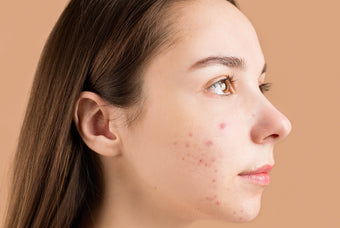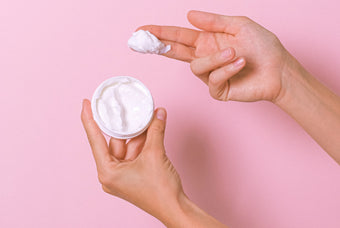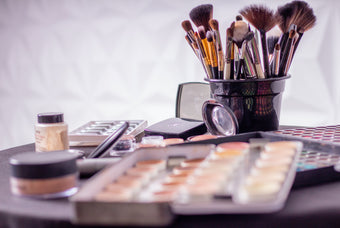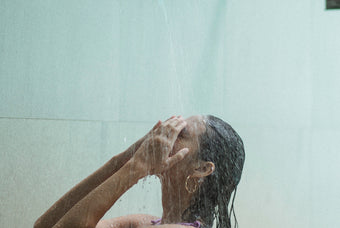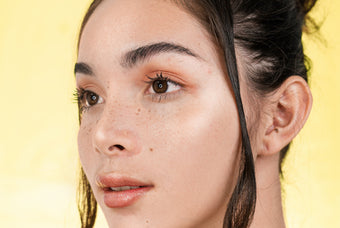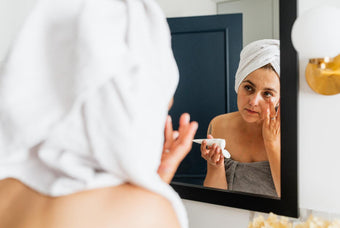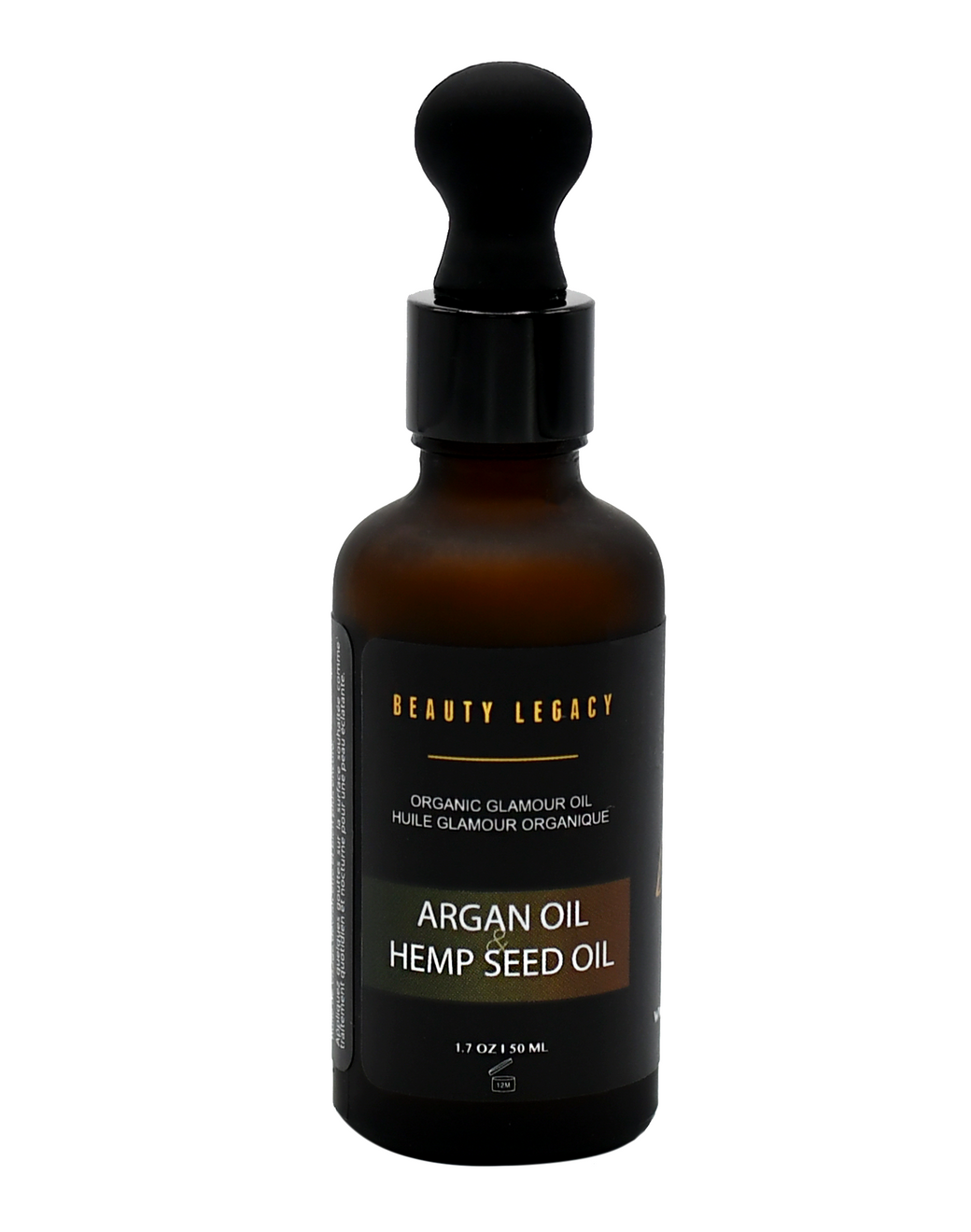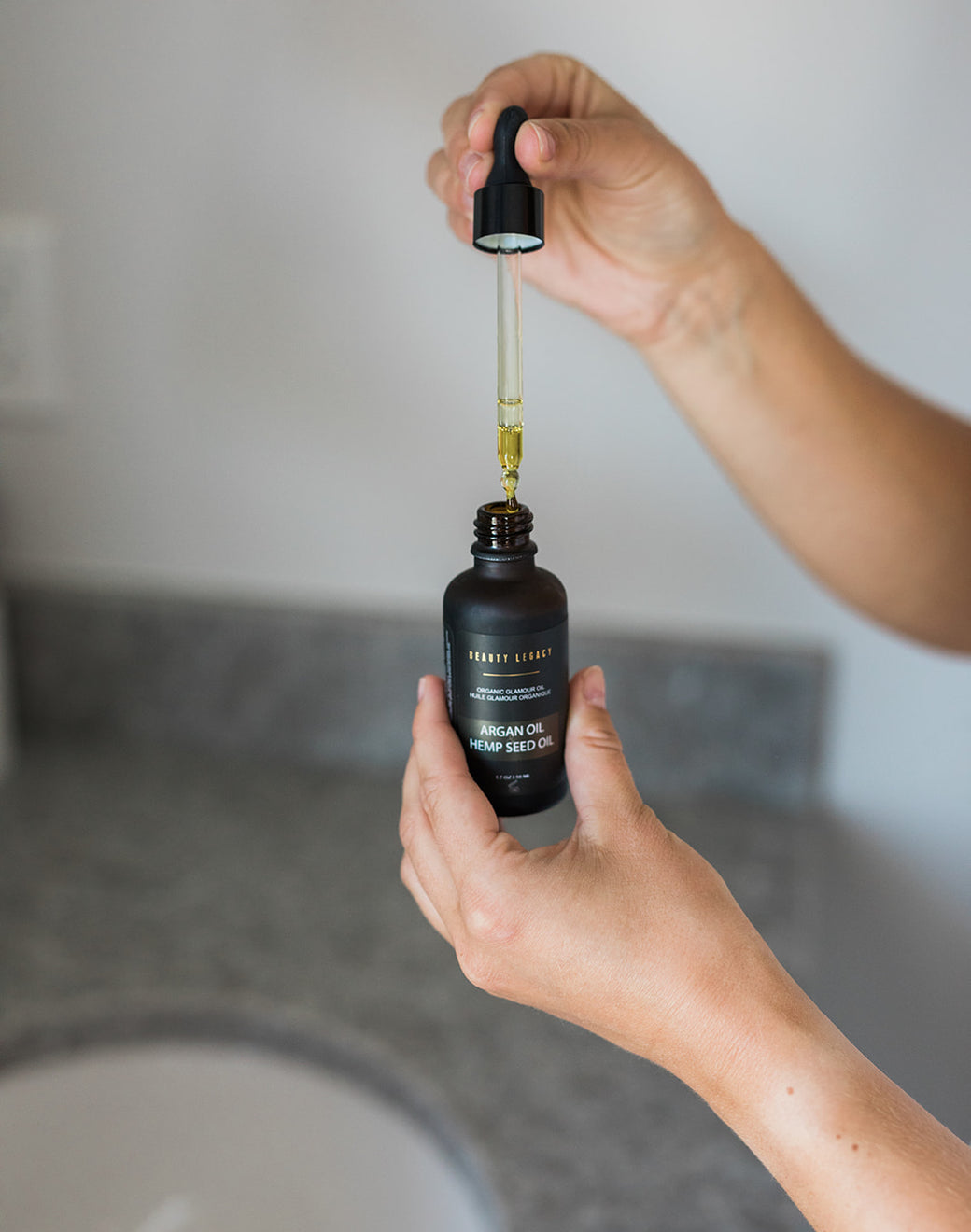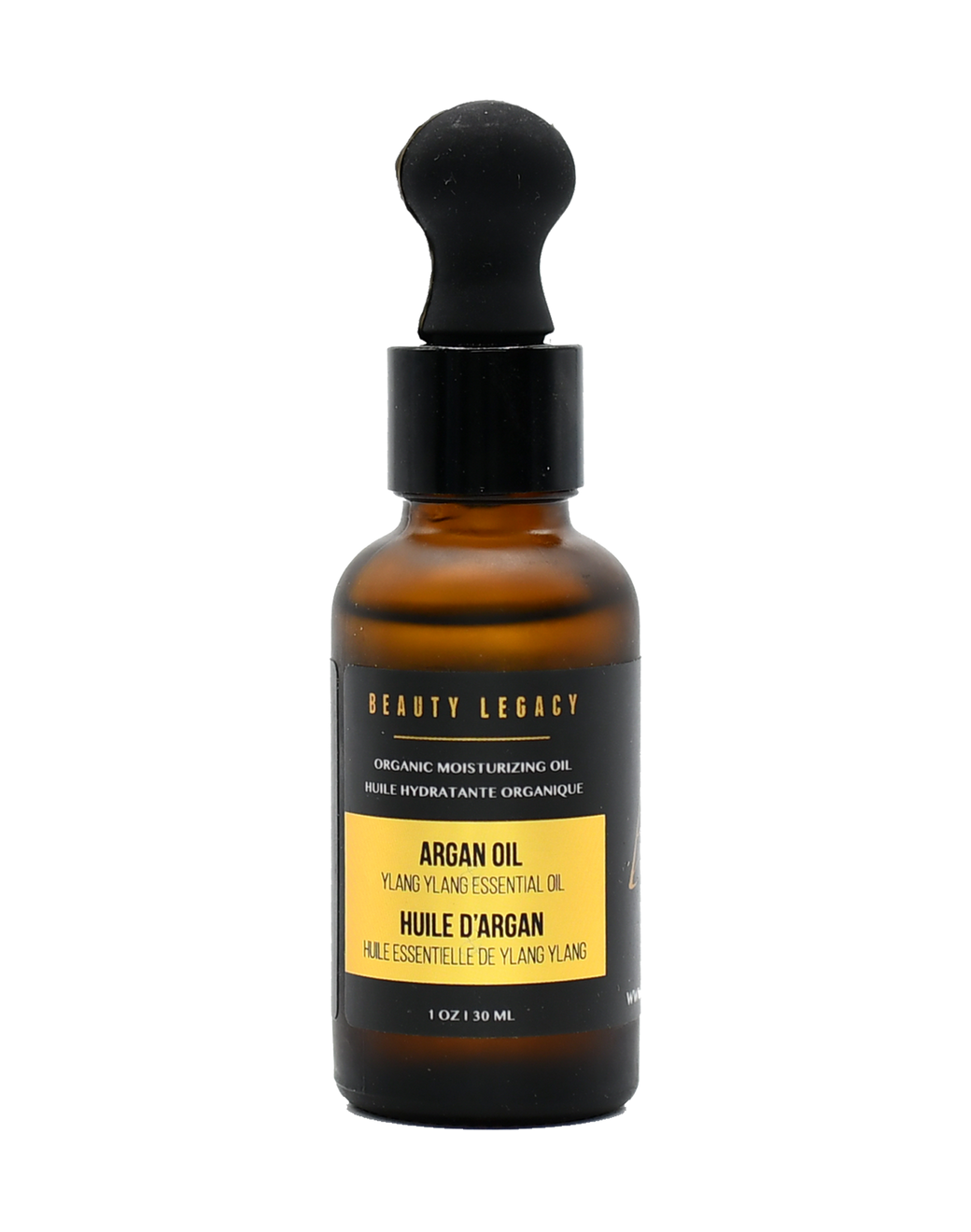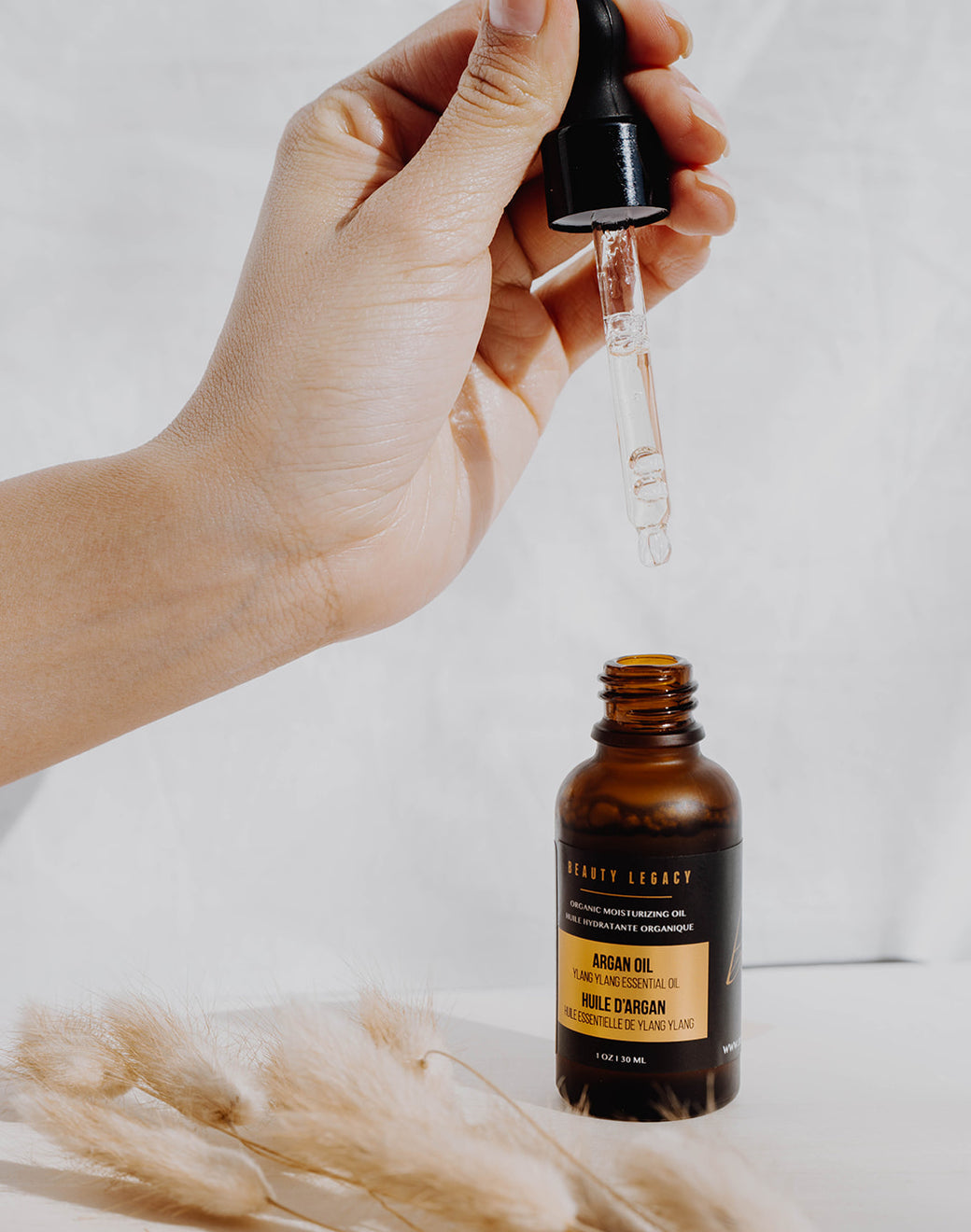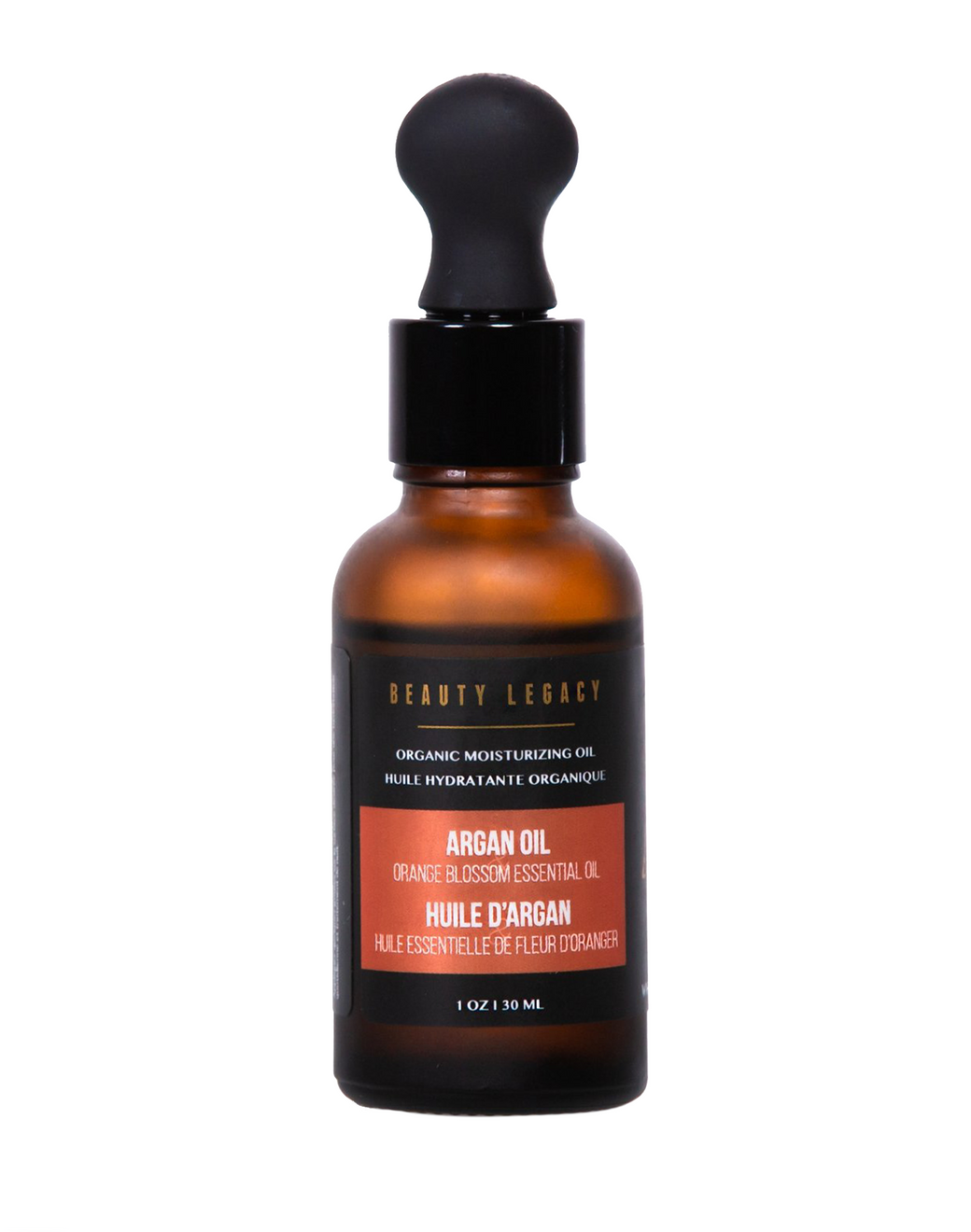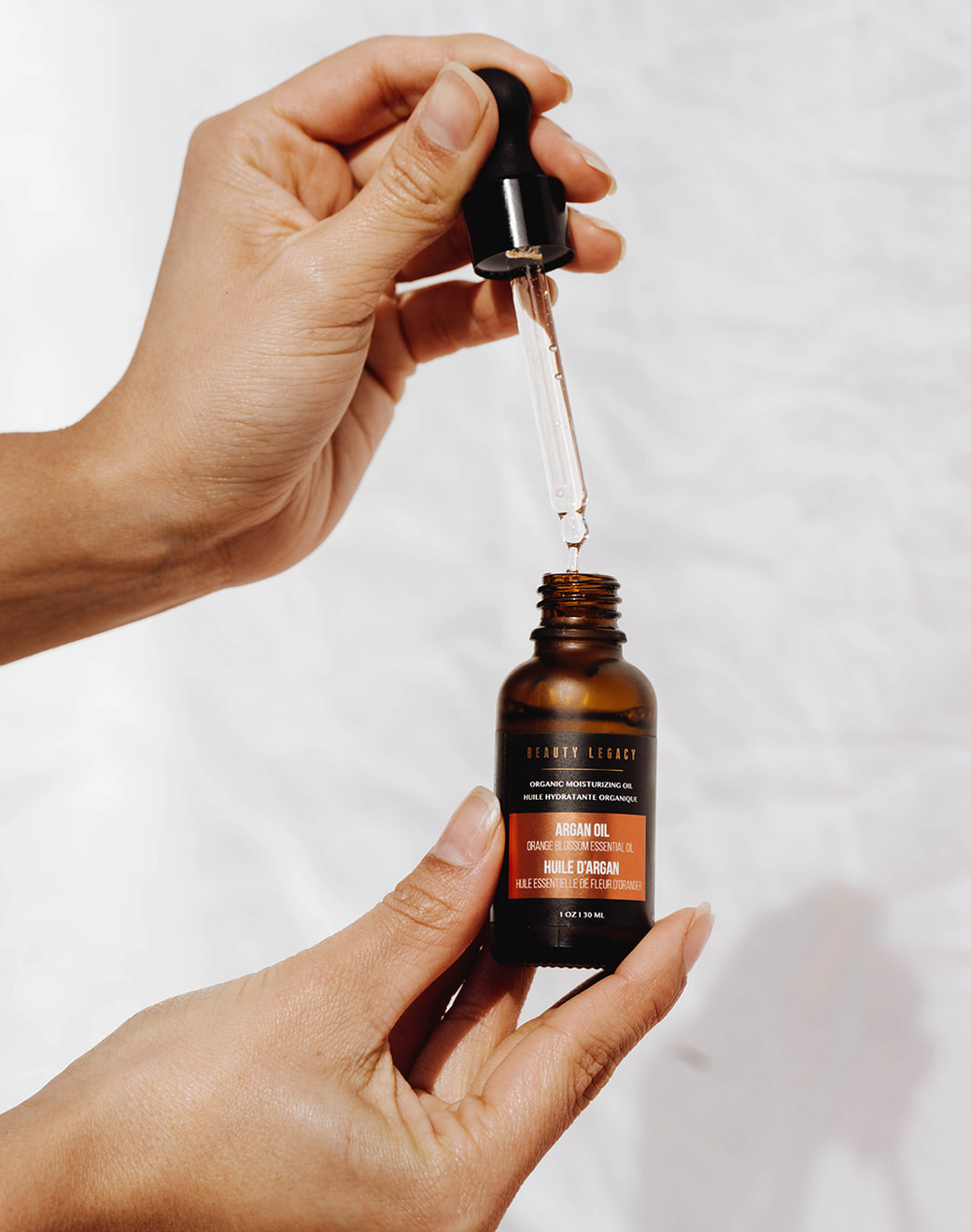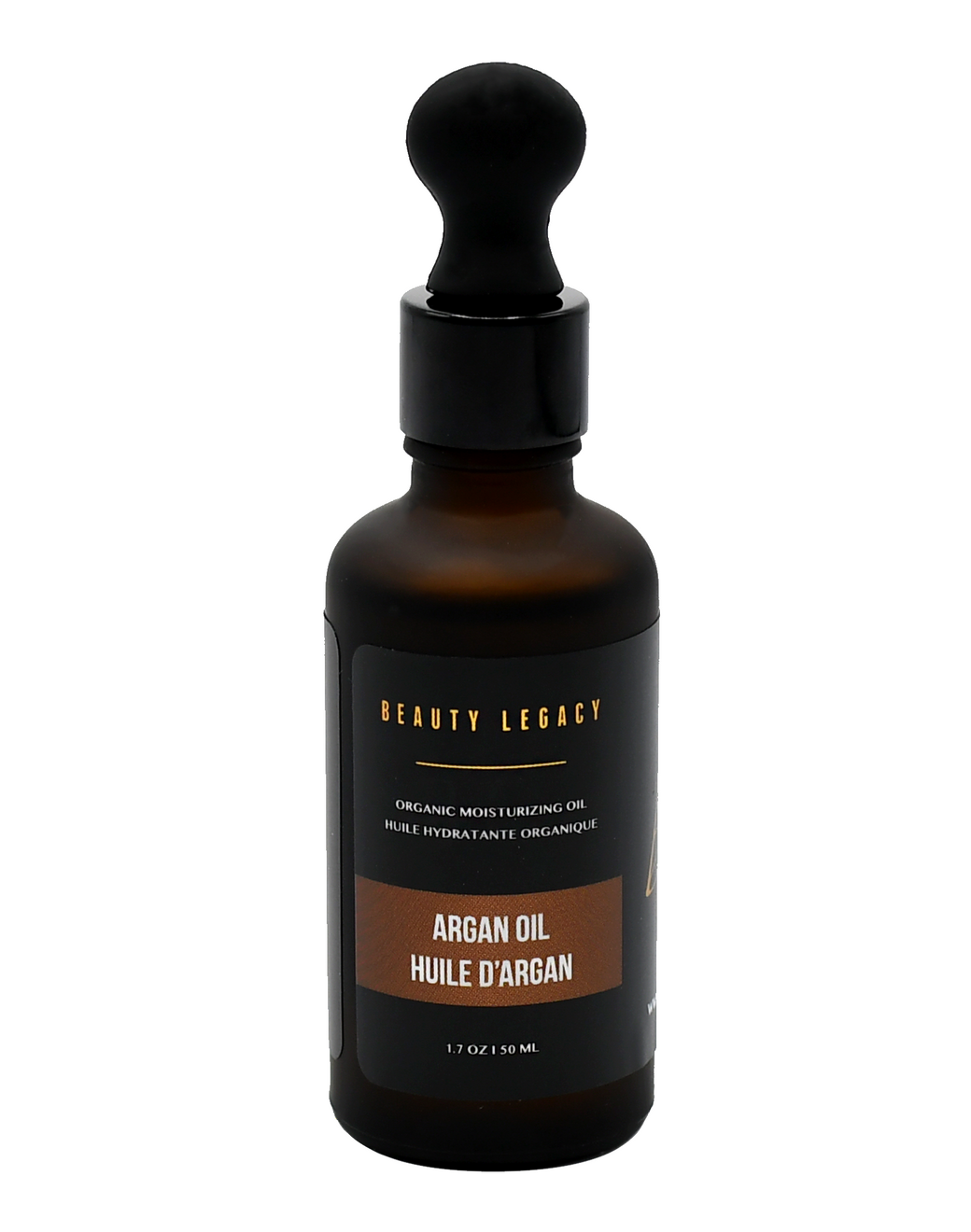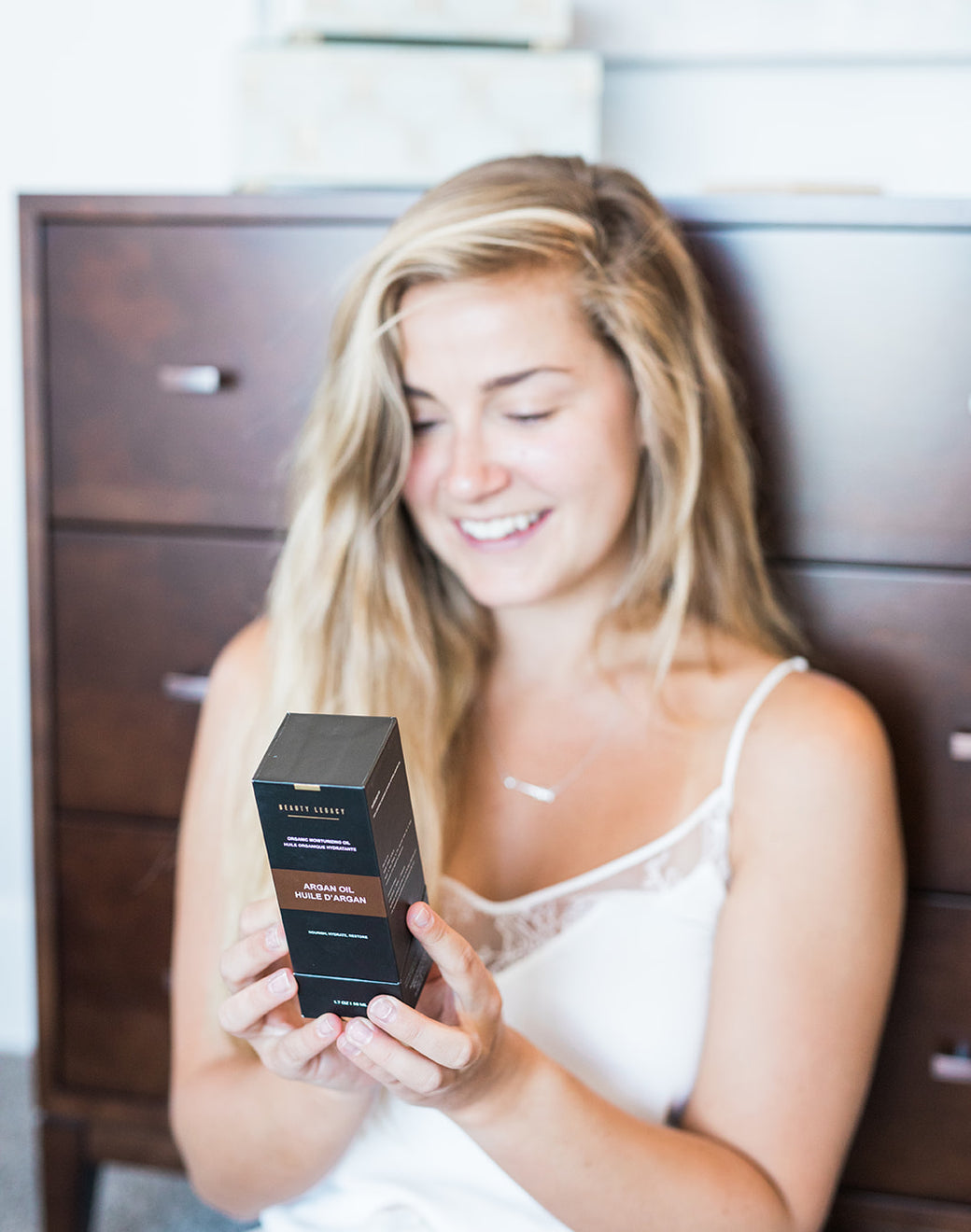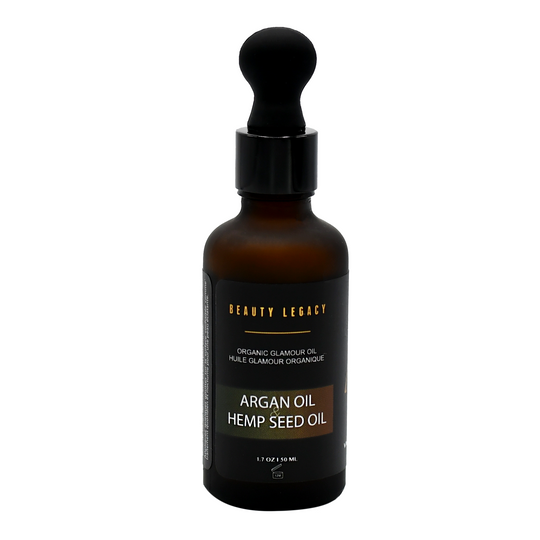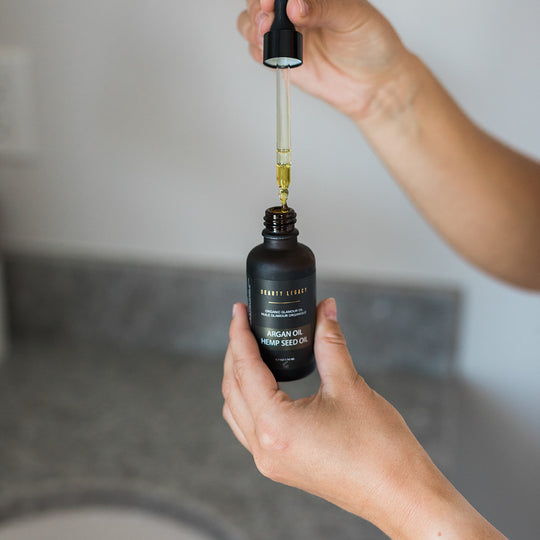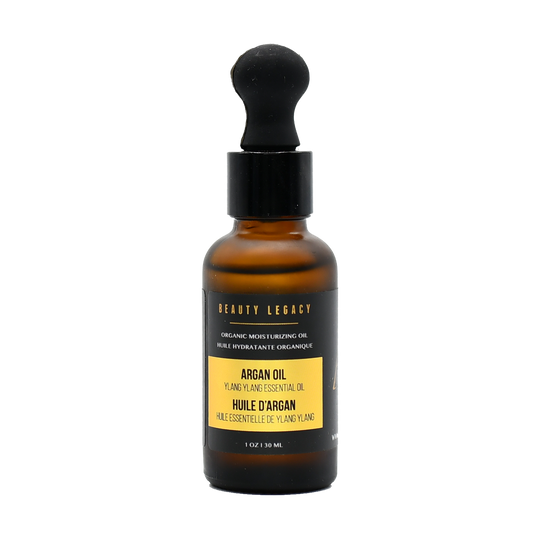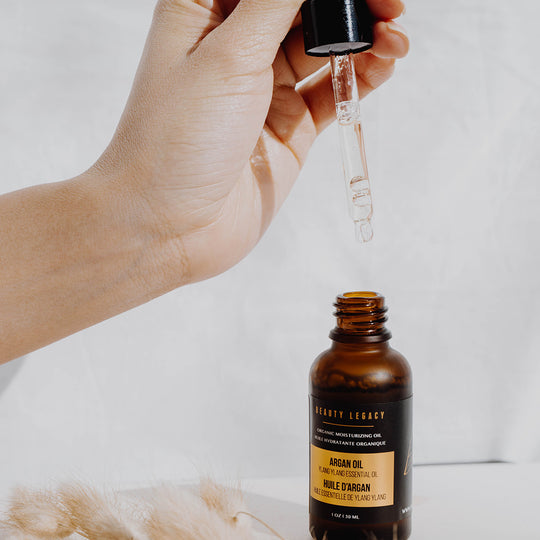If your skin feels tight after a shower or you notice red patches, it's most likely because your home's water includes limestone. The mineral salts in limestone, when coupled with hot water, are the most common cause of skin issues. Limescale's effects can also be felt on the scalp, causing dandruff, irritation, and itching.
What are the effects of water hardness on your skin?
Although we are well aware of the negative repercussions of limestone in the water used in domestic appliances and pipes, its effects on the skin, hair, and scalp are frequently overlooked.
Hard water damages the skin’s protective barrier

When you shower with hard water, your skin suffers immediately. You can recognize particularly hard water by the feeling of tightness in the skin that appears after the water touches the body. This can be accompanied by various skin problems such as irritation and itching, red patches, and even the development of dermatological disorders such as dermatitis, eczema, or psoriasis. In infants, whose thin skin is equipped with immature sebaceous glands, hard water can be real aggression and cause severe irritation.
How can limescale be responsible for these feelings of dryness and tightness on the skin? The explanation is simple: when hard water is heated, the calcium and magnesium ions, which are responsible for the formation of limescale, form microcrystals that are deposited on the skin and cause this tingling sensation. The hotter the water, the greater the amount of calcium deposits.
Hard water weakens the scalp
This phenomenon is also valid for the scalp, which is particularly thin skin, simply covered with a hydrolipidic film. Attacked by the micro-crystals of limestone, this protective film is no longer able to play its role: it no longer defends the scalp from external aggression by regulating its hydration and no longer constitutes a skin barrier preventing the penetration of microbes. An imbalance then ensues.
On a daily basis, hard water is responsible for dandruff, causes itching of the scalp, and triggers redness or chronic inflammation of the scalp. The health of the hair deteriorates, it becomes fragile, dull, and brittle.
How to limit the effects of hard water on your skin?

The most effective way to avoid the effects of limestone is to install a water softener in your home to reduce the hardness of the water. Softened water is much better tolerated by the skin and is also beneficial to your pipes, reducing both the amount of cleaning products needed and the amount of body care products.
However, installing a water softener can be difficult and not always accessible to everyone. All is not lost, you can always turn to adapted cosmetic care in order to limit the irritating effects of limestone (and thus of water) on your skin. Start by turning to gentle cleansing products. In fact, to properly cleanse your skin without further irritating it, it is preferable to use products specially formulated with moisturizing or nourishing ingredients, such as the coffee scrub, which can gently exfoliate and hydrate your skin at the same time. A nourishing shower oil or a moisturizing shower gel will also be perfect to pamper your skin in the shower.
The effects of hard water on hair and skin should not be underestimated. With the proper knowledge on the issue, you can take the necessary steps to soften your water and protect your skin with the right products.

